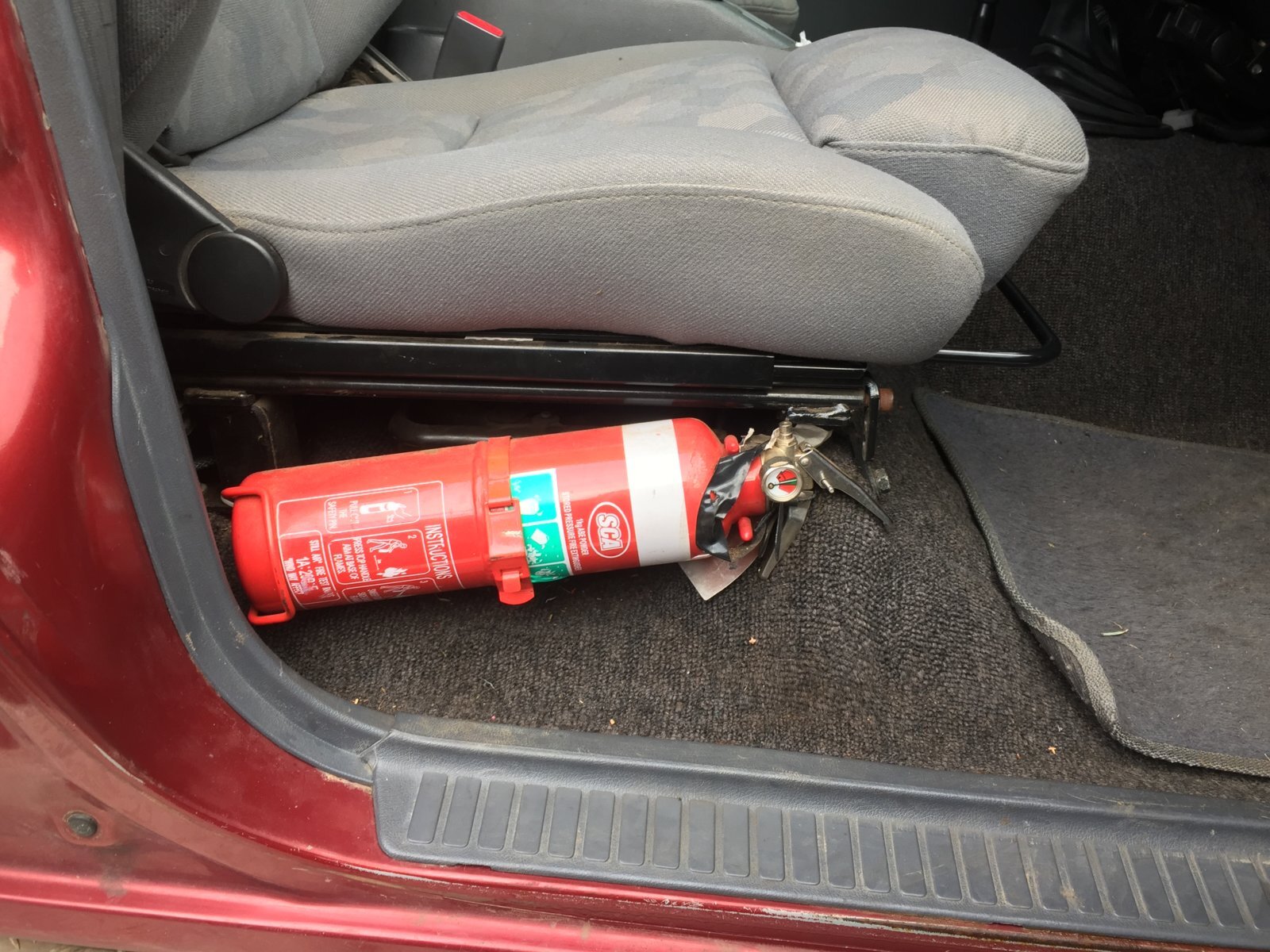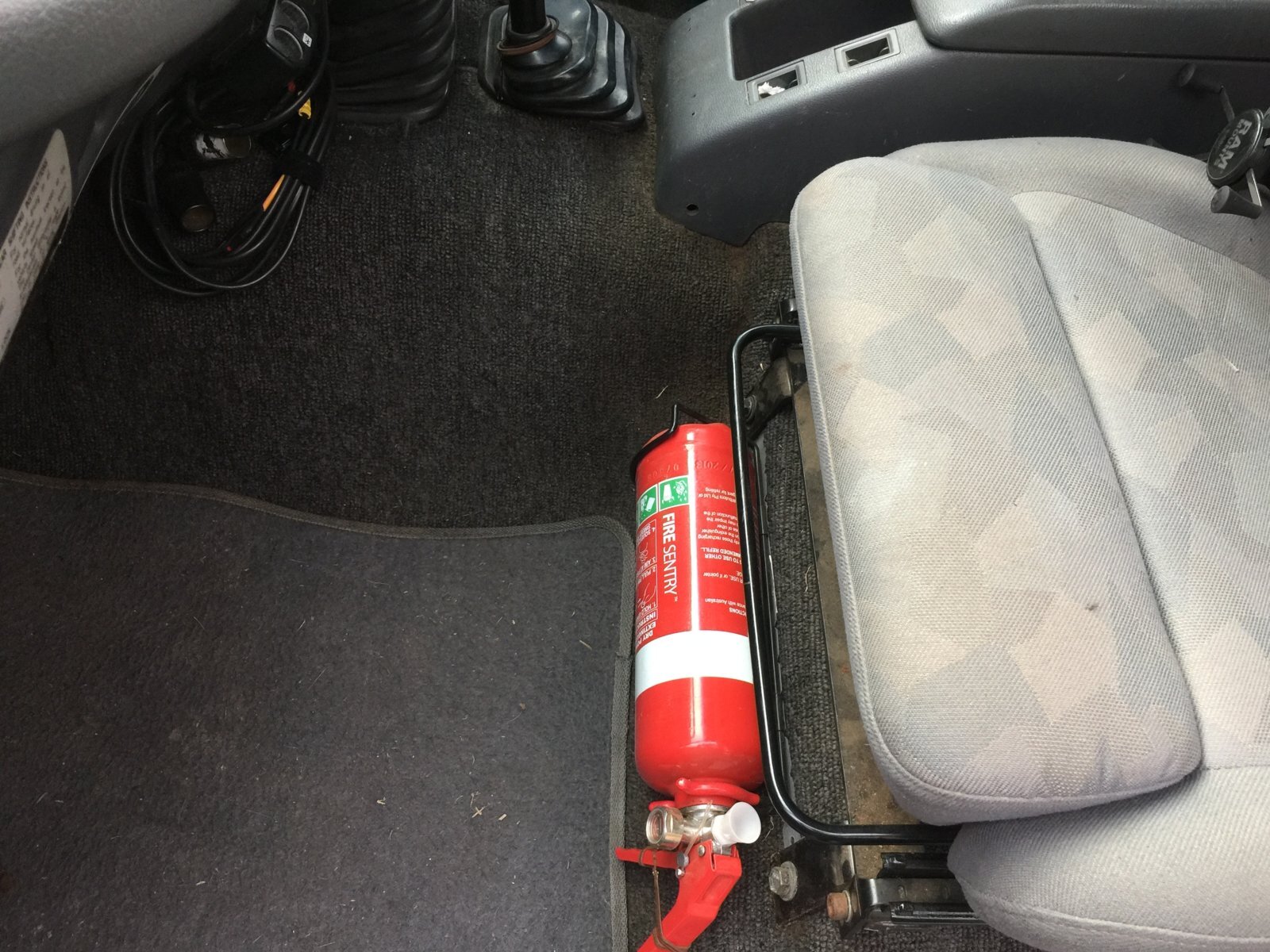pyemaster
Member
Hi all,
Looking to get a fire extinguisher mounted in my truck, though I'm unsure of which one to go for.
There seems to be some discussion over the metis or otherwise of powder versions (mainly in the corrosive qualities of what they expel), and of the size required to adequately extinguish your average vehicle fire (some swear by nothing less than 10kg, others that nothing would get the job done when liquids start to take hold anyway).
There is the argument that so long as it gets you and your passengers out it's done its job, and the vehicle is in the hands of the insurance company.
The other option is Firestrykers, but while they last longer they seem to have a lot less reach.
What do other people run with?
Owen
Looking to get a fire extinguisher mounted in my truck, though I'm unsure of which one to go for.
There seems to be some discussion over the metis or otherwise of powder versions (mainly in the corrosive qualities of what they expel), and of the size required to adequately extinguish your average vehicle fire (some swear by nothing less than 10kg, others that nothing would get the job done when liquids start to take hold anyway).
There is the argument that so long as it gets you and your passengers out it's done its job, and the vehicle is in the hands of the insurance company.
The other option is Firestrykers, but while they last longer they seem to have a lot less reach.
What do other people run with?
Owen






